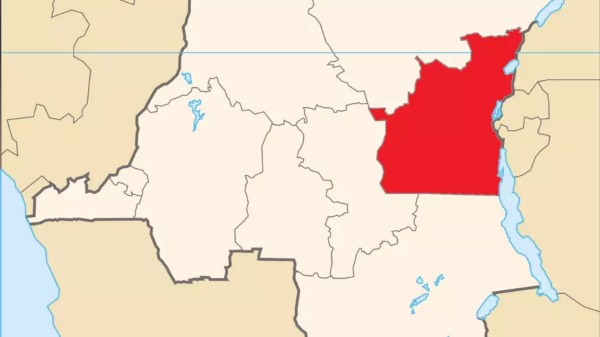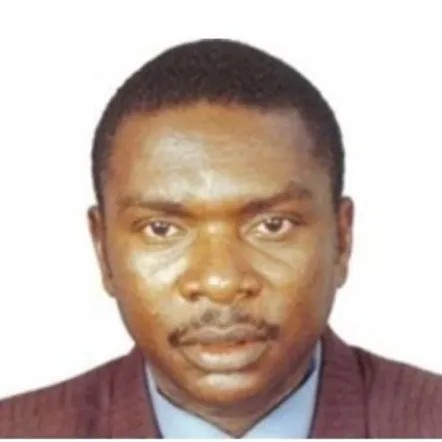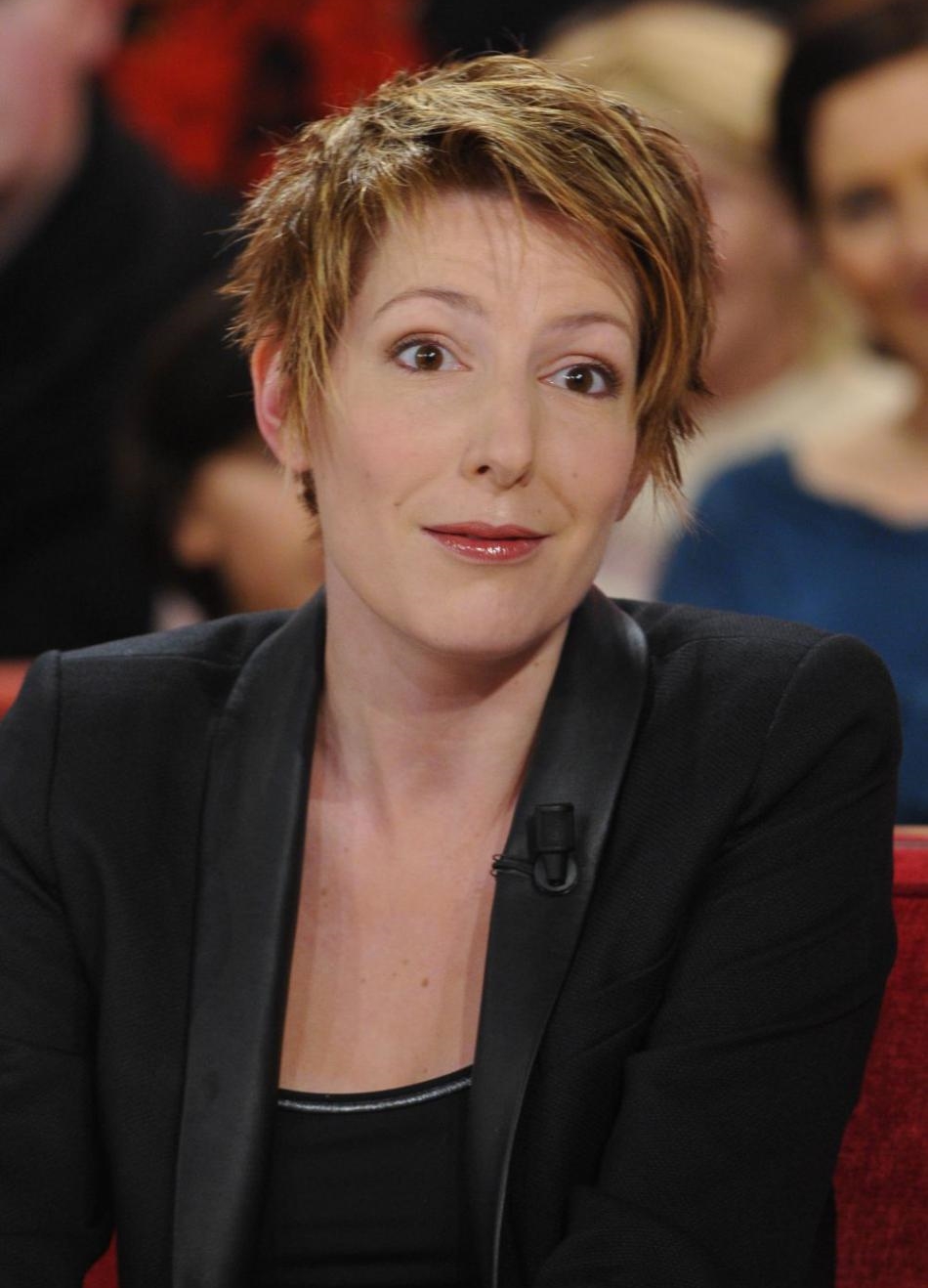Opinion
Is Kagame afraid of criticism or are his critics unimaginative?

As Rwanda heads into elections season in 2024, the government and President Kagame in particular are going once again to face the usual accusations that they stifle opposition and are therefore responsible for the poor performance of opposition groups because they have created an environment in which dissent is not tolerated. Indeed, this argument has been fronted as the explanation for why the RPF has won all the elections since 2003. This claim serves western audiences well. They love simplified story lines. It is convenient for opposition groupings because it shields them from explaining their inadequacies and failures.
As
I have observed elsewhere, the West has promoted a destructive brand of
politics in Africa for the past 30 years. It is a brand that pronounces
differences in society while undermining citizenship, the very basis for
claiming the right to participate in politics in a democracy.
Many
of the educated elite in Africa uncritically buy into the destructive politics.
They undermine citizenship and behave as though there are multiple citizenships
(around ethnicity) within the single state. Naturally, when these citizenships
within the state contend for the right to leadership and access political
power, they govern in a manner that strips "non-citizens" of the
right to access state resources and opportunities. In other words, ethnic
citizenship exists where national citizenship ought to and the resultant
violence, itself an expression of this contradiction, isn't surprising. Only
the degree of the violence varies and leads either to a passive and depressed
society unable to marshal any energy to advance on the path of development or
to one where genocidal violence appears as the only “solution” to the internal
contradiction.
Only
Tanzania appears to be at peace with itself. This has been possible because
society is conditioned to disqualify from consideration for leadership anyone
promoting ethnic, region, or linguistic domination away from the shared
identity around Swahili. A near consensus amongst Tanzanians of what
constitutes settled questions has meant that western democracy promoters have
stayed at bay. As a result, unlike much of Africa, dissent in Tanzania tends to
be along policy differences – although few exist since these are not steeped in
ideological differences.
In
the western world common citizenship is taken for granted and is not contended
over. As a result, economic and social policies are the terrain for
contestation during election campaigns.
This is the terrain that the African political elite have shunned, and their western cheerleaders have encouraged this attitude. The degree of harm resulting from this brand of politics has varied from country to country.
Is Kagame intolerant?
For
Tanzania, the Swahili identity has resolved potential areas of conflagration
that we see elsewhere in Africa. Rwanda has attempted to do the same with the
Rwandan identity as a result of its own trials and tribulations. Specifically,
Rwanda’s experience with genocide in general and with media inciting hatred and
violence in particular has made that brand of politics a no-go area, and
rightly so. Once bitten, twice shy. Countries which have never faced a tragedy
like Rwanda has faced can afford to experiment with that brand and some might
even get away with doing so. In Rwanda, however, anyone who aspires for that
kind of politics will find that it is curtailed and dissent along those same
lines is not tolerated.
But
the most fascinating aspect of individual speech and media freedom in Rwanda is
that it is at once curtailed and free. For instance, anyone who listens to
radio in the morning, especially kinyarwanda talk shows on private stations,
will notice the extent of free expression that induces sweat among government
officials. The exchanges are a sort of “free for all” and “anything goes”: from
criticism of policies on land terracing, poor-quality fertilizers, water and
electricity shortages, and even the quality of education provided by government
schools. Elsewhere, ordinary citizens put officials to task over delayed
implementation or unfulfilled promises of road, market, hospital and school
projects. Ironically, while ordinary citizens insist on topics that affect
their daily lives, Rwanda’s opposition is obsessed with capturing power to the
extent that it is ready to comprise hard-earned national cohesion.
Indeed,
individual speech and media freedom in Rwanda is curtailed for those who are
unable to agitate around policy differences and, as a result, go for the
destructive but familiar settled questions of identity that magnify differences
(ethnicity) and downplay commonalities (citizenship). The speech that Rwanda’s
opposition desires cannot be practiced for as long as the memory of genocide
remains alive amongst Rwandans. In other words, it’s not about Kagame’s
intolerance for dissent. It is about responsible leadership that guards against
destructive politics and distinguishes between settled questions and what is
acceptable civic agitation.
Rwanda’s
opposition insists otherwise because it is incited to do so by the very same
actors who adhere to these basic requirements in the “mature democracies” where
they live and operate from.
A
serious opposition in Rwanda would garner ample votes if they listened to
politics-focused programmes on radio and left the city from time to time to
engage those who call in to air their grievances. This is how incumbents lose
power in the democracies that westerners wish others to emulate even as they
incite them to take the opposite direction by undermining the sense of common
citizenship.
Kagame
doesn’t remain in power due to absence of dissent or because he is a dictator.
He does so because of the incompetence of and lack of focus by those who seek
to replace him, especially in terms of their inability to marshal responsible
leadership that guards against destructive politics and distinguishes between
settled questions and what is acceptable civic agitation.
Source:
www.newtimes.co.rw






